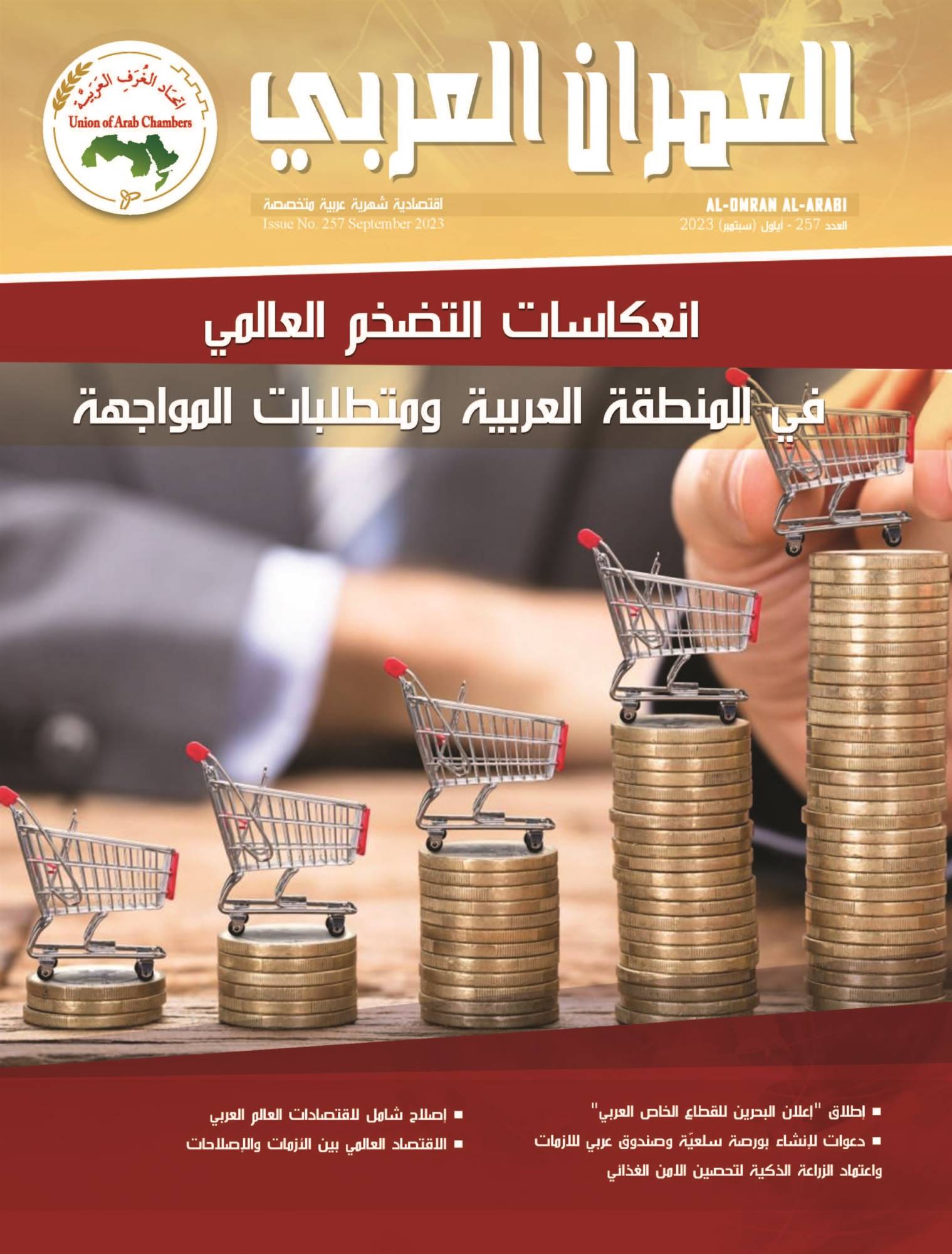
Artificial Intelligence and Future Economies
The reality of artificial intelligence and its impact on future economies, including Arab economies, has been growing recently, as a report by MarketsandMarkets shows that the size of the artificial intelligence market is expected to reach hundreds of billions of dollars by 2025. Research indicates that adopting smart technology such as artificial intelligence can increase economic growth. Estimates from many global economic institutions indicate that taking full advantage of smart technology could increase the productivity of the economy by hundreds of billions of dollars.
The shift towards artificial intelligence raises concerns about the future of jobs. Therefore, organizations such as the International Labor Organization expected that technology would affect the jobs of millions of people and make some jobs unnecessary while creating new jobs that require advanced skills.
Investments are increasingly directed towards artificial intelligence projects, and in light of this, companies and governments have begun to allocate larger budgets to research, development, and implementation of artificial intelligence solutions. Artificial intelligence helps companies improve the efficiency of their operations and save costs through intelligent operation, maintenance, and big data analysis.
Artificial intelligence plays an increasingly important role in the economy of the future, some of the ways in which artificial intelligence affects the economy are:
First: Improving productivity, as artificial intelligence can increase productivity in a variety of industries by automating processes and improving efficiency. This can contribute to improving economic growth.
Second: Improving inventory management, since artificial intelligence helps companies improve inventory management and improve forecasts, which reduces storage costs and waste.
Third: Developing new industries, as artificial intelligence can open new horizons for new industries and contribute to creating job opportunities and economic growth.
Fourth: Improving expectations and decision-making, since artificial intelligence can quickly process and analyze huge amounts of data, which enables institutions and governments to make better and more evidence-based decisions.
Fifth: Changes in the labor market, as the advancement of technology and the use of artificial intelligence leads to changes in the labor market, as jobs can require new skills and continuous training.
Sixth: Improving the customer experience, as the use of artificial intelligence enables us to improve the customer experience by providing customized services and better targeting offers and advertisements.
Seventh: Improving health care. Artificial intelligence can contribute to diagnosing diseases and directing treatment more accurately, which reduces healthcare costs and improves public health.
Eighth: Improving security, as artificial intelligence can be used to enhance the security of systems and networks and combat crime and security threats.
Therefore, it is inferred from the above that artificial intelligence can contribute to improving the economy sustainably and comprehensively, which will reflect positively in terms of financial returns on all economies in the world, including the Arab economies.
